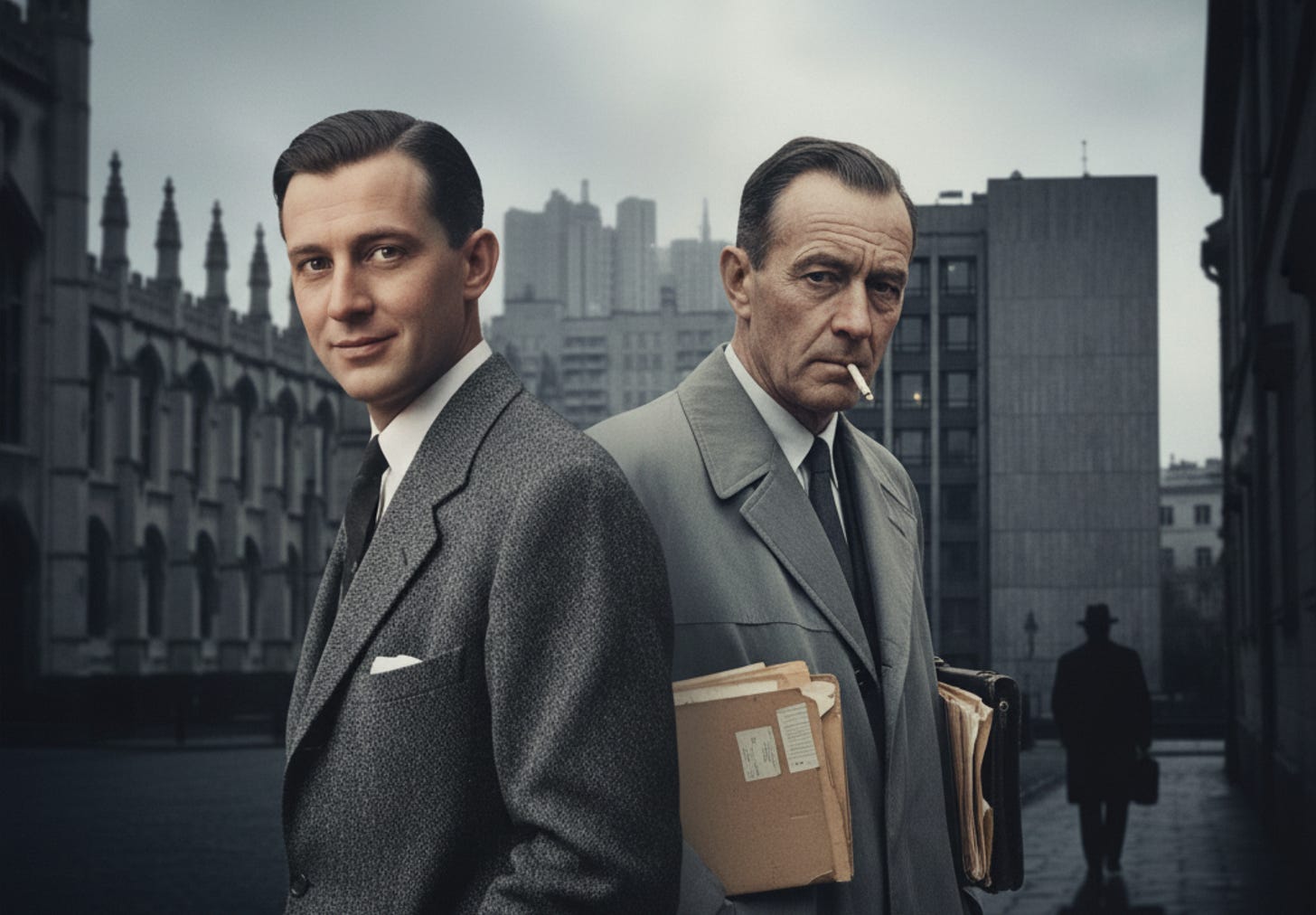Kim Philby The Spy Who Stayed in the Shadows
The British spy who worked for Moscow and never confessed.
Harold Adrian Russell Philby was an unknown face for many years. He hid in the shadows, spying for the Russians. He described himself as being born into “the ruling class of the British Empire.”
Nickn…



